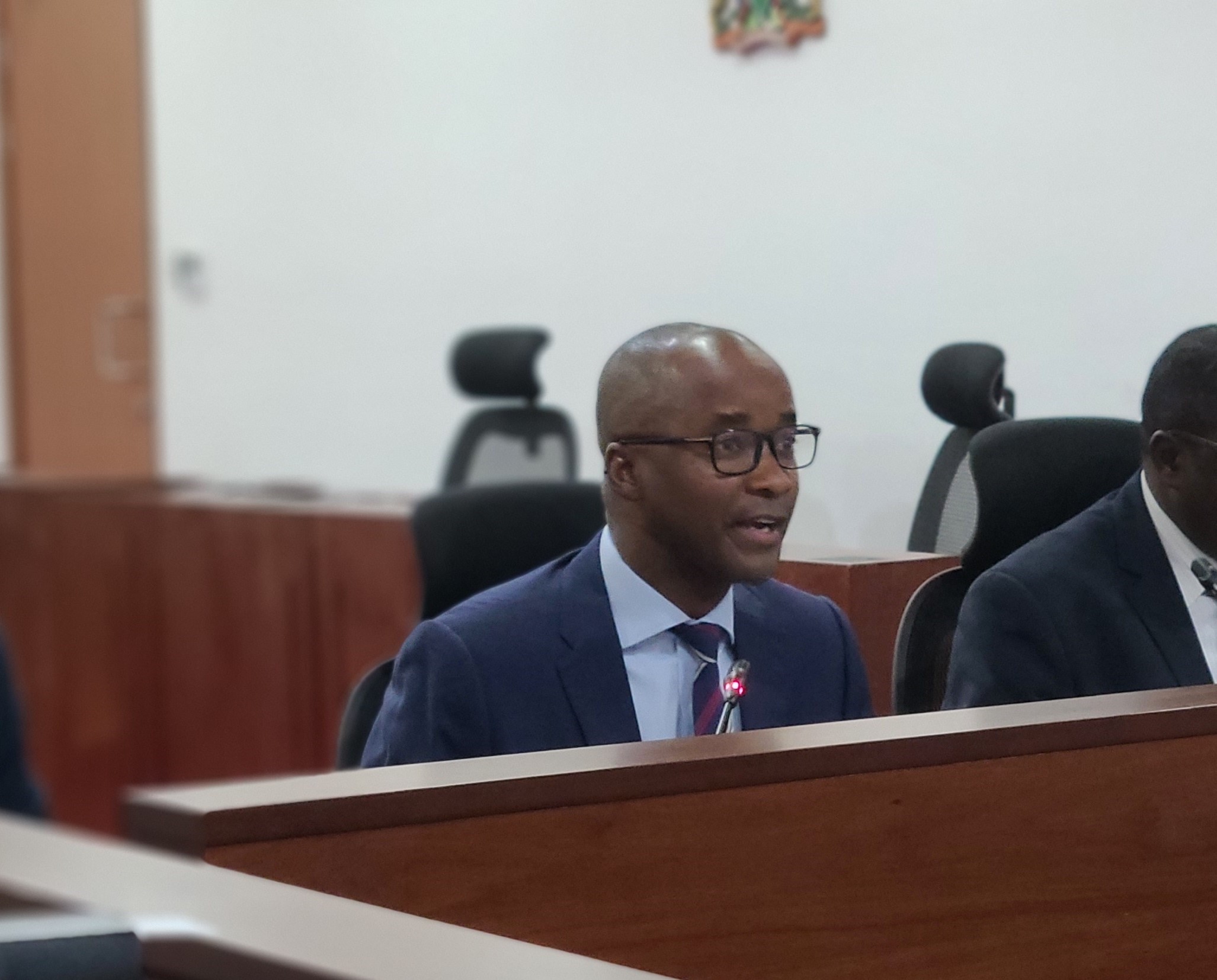
 Deputy
Controller of Budget Stephen Masha/HANDOUT
Deputy
Controller of Budget Stephen Masha/HANDOUTThe National Treasury has slashed its reliance on the expensive overdraft facility at the Central Bank of Kenya (CBK) by more than 60 per cent.
According to the Deputy Controller of Budget, Stephen Masha, he has reduced the amount drawn in the first quarter of the financial year to Sh700 million.
This, he said, is a sharp drop from Sh1.9 billion in the same period last year, in what the Controller of Budget says is a direct result of reforms tied to the rollout of the Single Treasury Account (STA) and improvements in the public finance management system.
Masha told the National Assembly Committee on Debt and Privatisation that the reforms have narrowed loopholes previously used by entities to divert funds after the exchequer releases.
As a result of that, in the first quarter of this financial year, CoB noted a decline in the overdraft that is made in the central bank.
“Last year, the cumulative overdraft for the first three months was Sh1.9 billion. This year it is under Sh700 million a decline of over 60 per cent,” he said.
Masha further said that automation and re-engineering of government payment systems now ensure funds requested by ministries, counties and agencies are paid directly to suppliers and contractors instead of sitting idle in multiple commercial bank accounts.
Committee chair who is the MP for Mbala Mbala Abdi Shurie questioned why Kenya’s debt-to-GDP ratio continues to rise despite government targets to gradually reduce it to five per cent in the short term.
Shurie pointed to governments' rising debt ratios despite policy commitments to reduce them.
“If you look at the trends, we are not heading in that direction. How is the graph is shooting upwards?” asked Shurie.
Masha conceded, noting that annual reduction targets are not being met due to the rising debt obligations.
Kinangop lawmaker Kwenya Thuku also raised concerns over loans that are signed but whose funds remain undisbursed by lenders, forcing the government to pay commitment fees for money it cannot access.
“We have loans that sit in the coffers of lenders. The loan book looks big, but it does not reflect what has hit our accounts,” said Thuku.
Masha agreed that counterpart funding requirements should be fully budgeted for before loan agreements are signed to avoid delays, cost escalation, and waste.
Chair Abdi Shurie asked the CoB to provide Parliament with a breakdown of all loans currently attracting commitment fees or repayment obligations.
The committee is expected to summon the National Treasury for further interrogation on the discrepancies and implementation gaps highlighted in the CoB’s latest report.
















